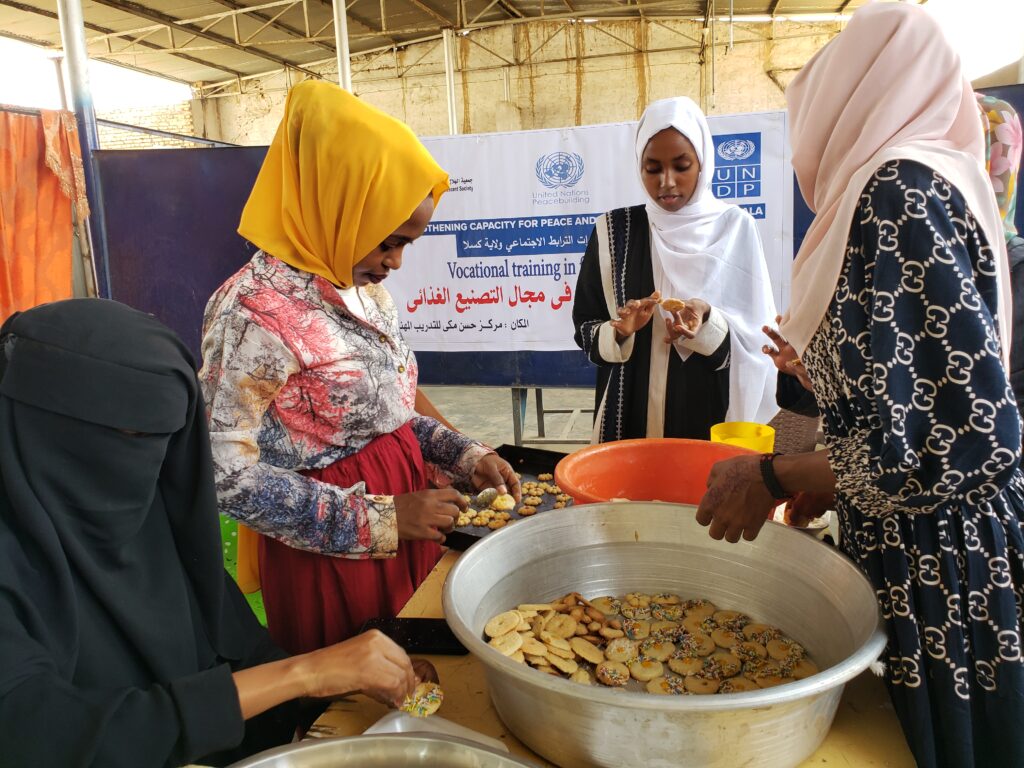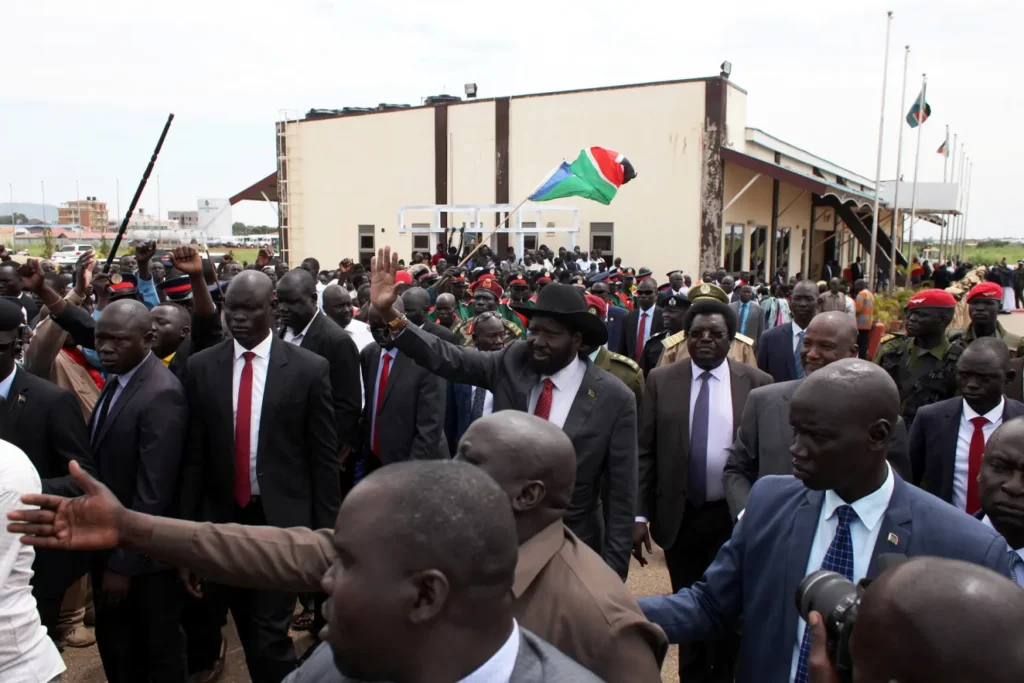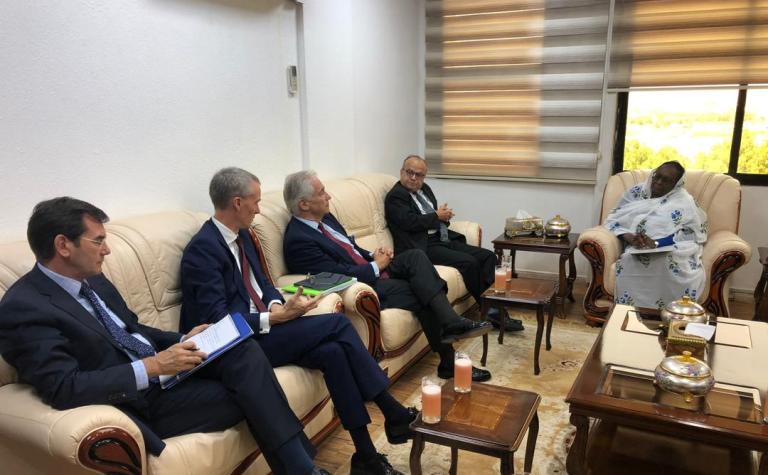
Sudan’s ethnic diversity has deep historical roots, dating back thousands of years. The region’s strategic location along ancient trade routes attracted various groups, leading to cultural exchanges and the formation of distinct ethnicities.
- Arab: One of the most prominent ethnic groups in Sudan is the Arab population, whose presence can be traced back to early traders and settlers who migrated to the region. They have significantly influenced the country’s culture, particularly in the northern regions.
- Nubian: In the northern part of Sudan, along the banks of the Nile River, the Nubian people have thrived for millennia. Known for their unique language and architecture, the Nubians have preserved their heritage against the backdrop of modernization.
- Beja: The Beja, a nomadic ethnic group, inhabit the eastern regions of Sudan. They have historically been engaged in trade and herding and have contributed to the diversity of Sudan’s population.
- Nuba: In the Nuba Mountains of central Sudan, the Nuba people have established a vibrant culture characterized by distinct art, music, and languages. Despite the challenges they have faced over the years, the Nuba have remained resilient in preserving their identity.
- Fur, Zaghawa, and Masalit: In the western region of Darfur, these three ethnic groups have played pivotal roles in shaping the region’s identity. Their unique languages and customs have created a mosaic of cultures within Darfur.
- Dinka and Nuer: In the south, the Dinka and Nuer ethnicities are prominent, and their cultures are deeply rooted in cattle herding and agriculture. These groups have also been central to Sudan’s history, particularly in relation to the South Sudanese independence movement.
Unity Amid Diversity
Sudan’s ethnic diversity, though a source of pride, has also posed challenges. Historical conflicts and power struggles have occasionally strained the nation’s unity. However, in recent years, Sudan has taken significant steps towards reconciliation and inclusivity.
The signing of the Juba Peace Agreement in 2020 marked a crucial milestone in Sudan’s history, addressing many long-standing grievances and fostering unity among various ethnic groups. The agreement paved the way for a transitional government, bringing together a broad spectrum of Sudanese voices.
Moreover, initiatives to promote cultural exchange and celebrate diversity have gained momentum. Cultural festivals, educational programs, and dialogue forums have provided platforms for different ethnicities to showcase their traditions and foster mutual understanding.
A Path Forward
As Sudan continues its journey towards stability and development, its ethnic diversity remains a source of strength. Embracing this diversity and promoting inclusivity are crucial for the country’s progress. Education, economic opportunities, and political representation for all ethnicities are vital steps toward a more equitable and united Sudan.
In a world where divisions and conflicts often dominate headlines, Sudan’s story of ethnic diversity and unity stands as a testament to the power of embracing differences and forging a collective identity. As the country moves forward, it does so with the knowledge that its mosaic of ethnicities is a source of pride and a foundation for a brighter future.



